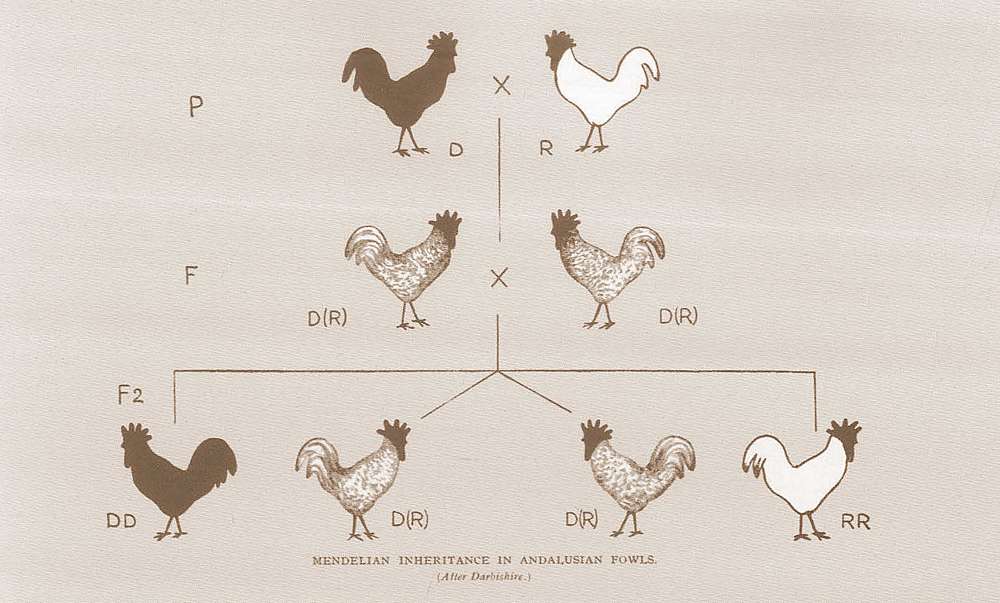Israeli historian and philosopher Yuval Noah Harari’s bestselling 464-page Sapiens: A Brief History of Humankind (2015) retells the 13.5 billion years-long odyssey of human evolution from the Big Bang to the near-future. Harari accounts for how Homo sapiens (the ‘wise man’) overcame the most extraordinary odds and numerous arbitrary inevitabilities to dominate the world the way we do at present.
Harari’s narratives span the cognitive revolution (70,000 years ago,) agricultural revolution (11,000 years,) scientific revolution (500 years,) industrial revolution (250 years,) and information revolution (50 years.) The first of these epochs, the cognitive revolution, coupled with a genetic mutation, was the real game-changer: Homo sapiens didn’t evolve efficiently from stooping apes to standing individuals. There were previously no less than six distinct homines, of which Homo sapiens came out top.
Sapiens argues that what made Homo sapiens special was our ability to develop networks and communities and tell stories, i.e., to organize and build large, connected communities around “shared fictions” or narratives—religion, nationalism, capitalism, trade groups, social institutions, for example. It was only through such intangible beliefs—not biological realities—that Homo sapiens were able to get the better of the physical world.
Homo sapiens’ talent for abstraction set us apart
Language made it easier to dwell upon abstract matters and flexibly cooperate in ever-larger numbers. Harari’s examples cite how Homo sapiens—from our ancestors all the way up to today—are so willing to create and believe in such conceptual paradigms that have been the key to our success and the key to our problems.
Large numbers of strangers can cooperate successfully by believing in common myths. Any large-scale human cooperation—whether a modern state, a medieval church, an ancient city or an archaic tribe—is rooted in common myths that exist only in people’s collective imagination.
Harari’s inquiry is extensive. His scholarship is rigorous, and his interpretation creative. Yes, most of the book restates familiar facts and theories. Harari does an excellent job synthesizing a lot of information. What makes Sapiens exceptional is it gives culture a starring role in the human drama—something that many in science and sociology are hesitant to do, instead preferring to depict culture as transient, nebulous, and “soft.”
Harari builds on some provocative ideas about Homo sapiens, but sets out his anthropological interpretations with vim and vigor:
- The emergence of agriculture—especially livestock farming—is “the greatest crime in history … The domestication of animals was founded on a series of brutal practices that only became crueler with the passing of the centuries.” [Harari has said that he became a committed vegan while writing Sapiens.]
- Organized religion is predictably contemptible, “You could never convince a monkey to give you a banana by promising him limitless bananas after death in monkey heaven.” The emergence of religion “was one of the most important revolutions in history, and made a vital contribution to the unification of humankind.” But the notion of supernatural being is increasingly inconsequential as humans are acquired divine abilities and relying increasingly upon ourselves for creating life forms and averting death and destruction. Then, “Is there anything more dangerous than dissatisfied and irresponsible gods who don’t know what they want?”
- Consumer capitalism is a dreadful prison. “For better or worse, in sickness and in health, the modern economy has been growing like a hormone-soused teenager. It eats up everything it can find and puts on inches faster than you can count.”
Recommendation: Read Harari’s astonishing history of the species, from insignificant apes to rulers of the world
Yuval Noah Harari’s Sapiens: A Brief History of Humankind (2015) is a must-read. It is a brilliantly executed examination of who we are and of our behaviors. Notwithstanding the seeming overstatements and the occasional drift to sensationalism, Sapiens is extremely interesting and thought-provoking. It is written elegantly, in a clear and engaging style, with a skeptic’s eye and irreverent—and sometimes-sarcastic—sensibility.
We are more powerful than ever before…Worse still, humans seem to be more irresponsible than ever. Self-made gods with only the laws of physics to keep us company, we are accountable to no one.
Harari is implacably cold and literal, abstaining from political correctness and pro-Western predispositions. Sapiens concludes with spine-tingling predictions about the future. Perhaps as a cliffhanger to his subsequent Homo Deus: A Brief History of Tomorrow (2016,) Harari contends that we’re the primary destructive force.
Homo sapiens are sowing the seeds for our own destruction. The forthcoming biotechnological revolution, Harari speculates, may signal the end of sapiens. Bioengineered “amortal cyborgs” may replace us. These post-human organic and inorganic organisms won’t necessarily be immortal but, absent an accident, can live forever. Homo not so sapiens?
.jpg)
.jpg)
.jpg)
.jpg)


.jpg)
.jpg)
